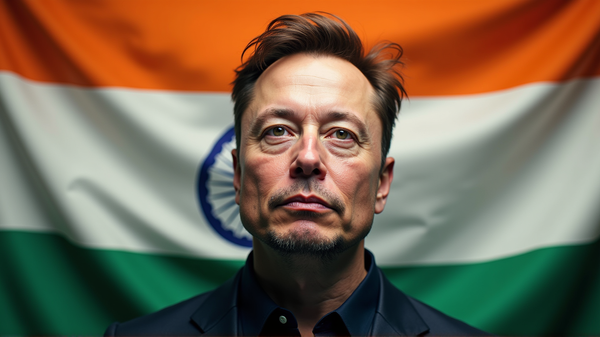Unraveling Free Speech: Reflections on Rushdie's Knife
In the shadow of adversity, Salman Rushdie presents an intriguing reflection in his memoir, “Knife,” sharing insights from a personal battle interwoven with unexpected events that befell his circle of friends. Reflecting on the near-fatal 2022 attack, Rushdie navigates through a series of mysterious circumstances involving his literary companions—a narrative that boggles the mind.
A String of Unlikely Events
Rushdie recounts a series of personal tribulations faced by some of his closest friends in the months following his recovery. William Buford, Hanif Kureishi, and Paul Auster represent a trio entwined with adversity, from sudden collapses to critical health challenges, leaving one to wonder, as Rushdie does, why such incidents befell them.
Rushdie’s Introspection and Unspoken Questions
Interestingly, Rushdie skirts a direct confrontation with the “elephant in the room”—a potential link between these incidents and vaccinations. His era’s backdrop, marked by COVID, hovers silently, infusing his narrative not with speculation but with contemplative silence. Notably, Rushdie himself remains relatively mum on vaccinations, evoking curiosity about his own choices.
The Epitome of Free Speech vs. Self-Censorship
Ironically, Rushdie’s persona as a free speech proponent emerges as both lauded and contested. His recent criticisms of Elon Musk’s management of Twitter spark dialogue, but also scrutiny. Does Rushdie embody the complete freedom to express, or is his narrative a study in balancing the truth with perceived societal pressures?
The Undertones of Memory and Reality
The memoir’s narrative oscillates between vivid memory and the harsh reality, painting Rushdie as a storyteller caught in the crosshairs of expectation and expression. His writing channels a scene where life’s cruel randomness contradicts the perceived control literary figures have over their domains.
A Call for Thought and Dialogue
Rushdie’s journey, as seen through this memoir, essentially probes deeper questions about human resilience amid censorship, both institutionally imposed and internally ingrained. It beckons a dialogue around the freedom of speech—an invitation to explore what is spoken and left unspoken.
As stated in The Conservative Woman, Rushdie crafts his narrative, leaving behind subtle cues, inviting readers not just to engage with his written word, but to explore the myriad of silences between them. It reflects the complexity of expression where words might shape history, but silence often speaks the loudest.




